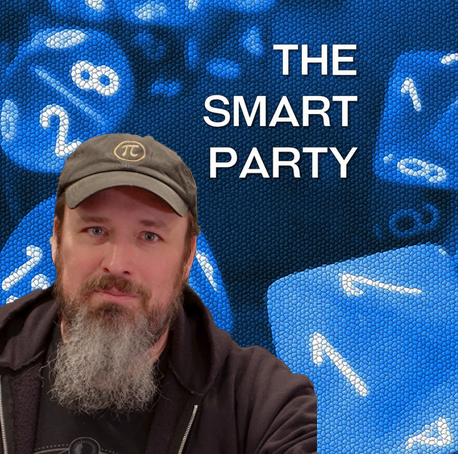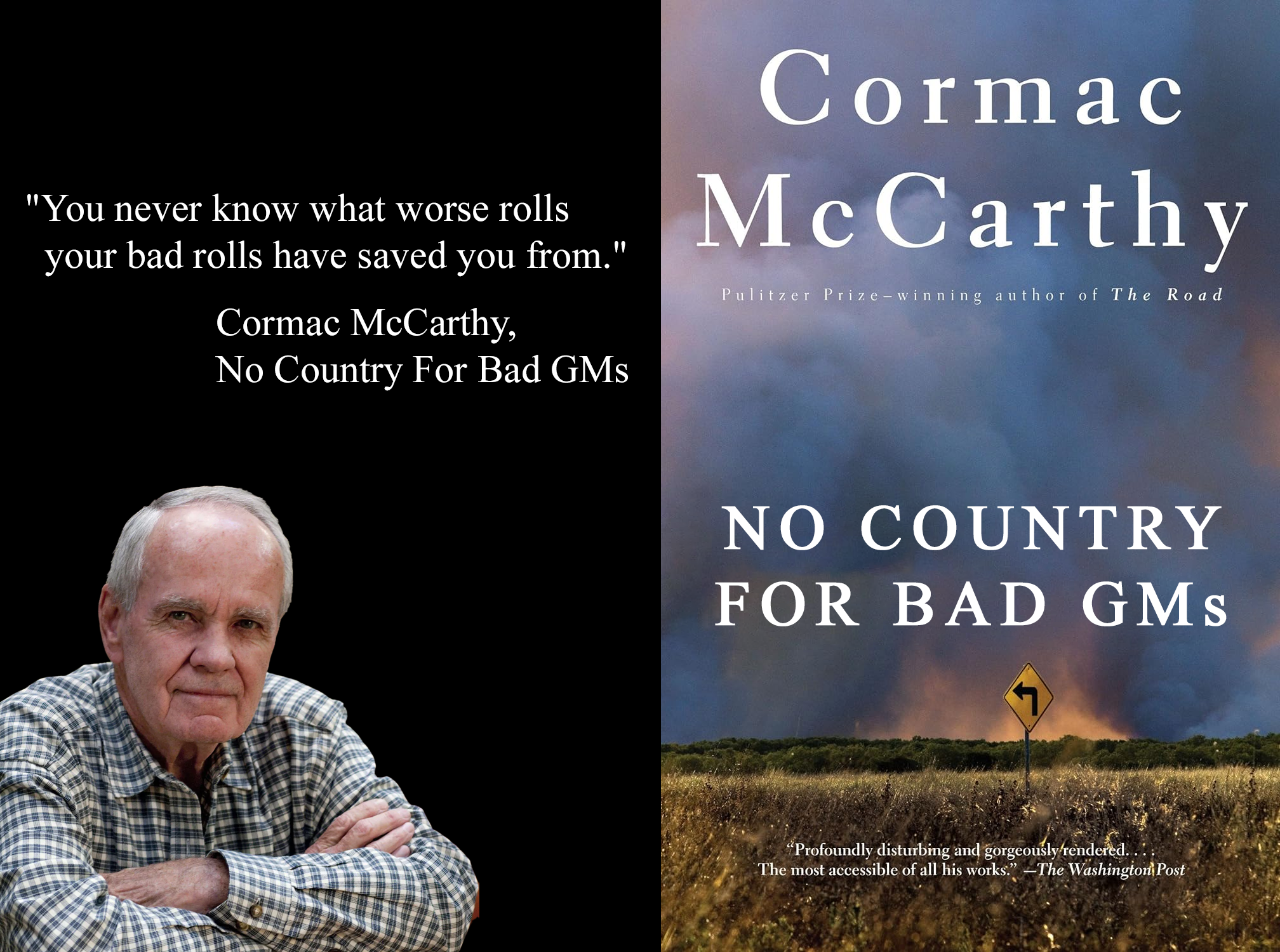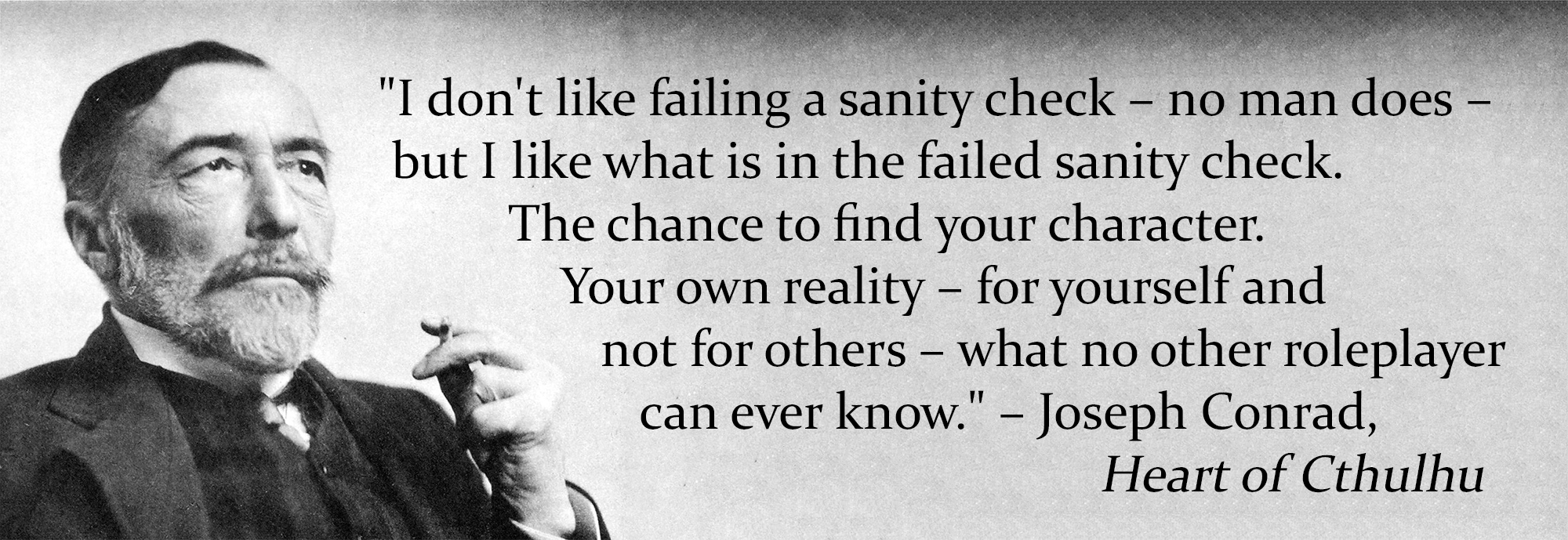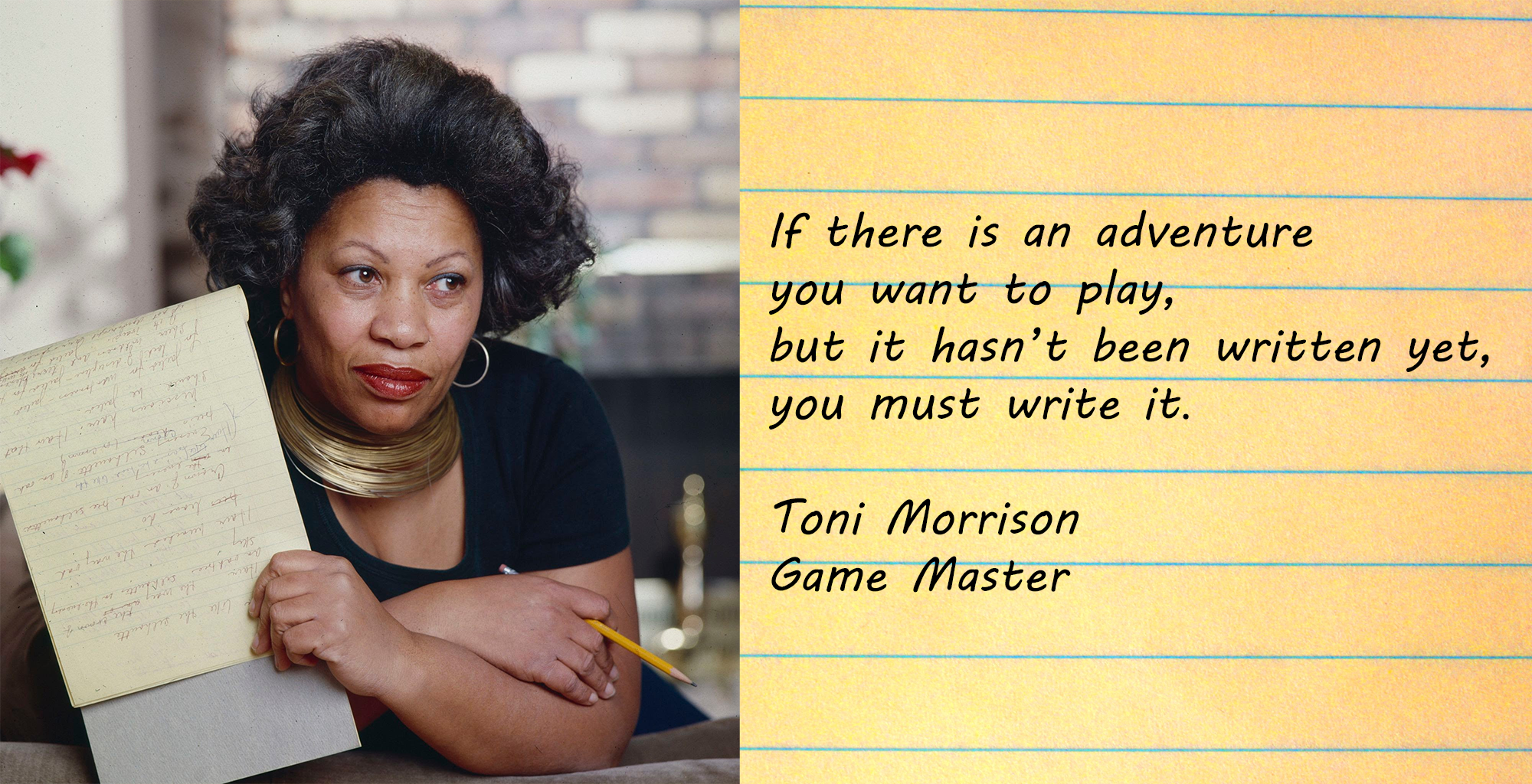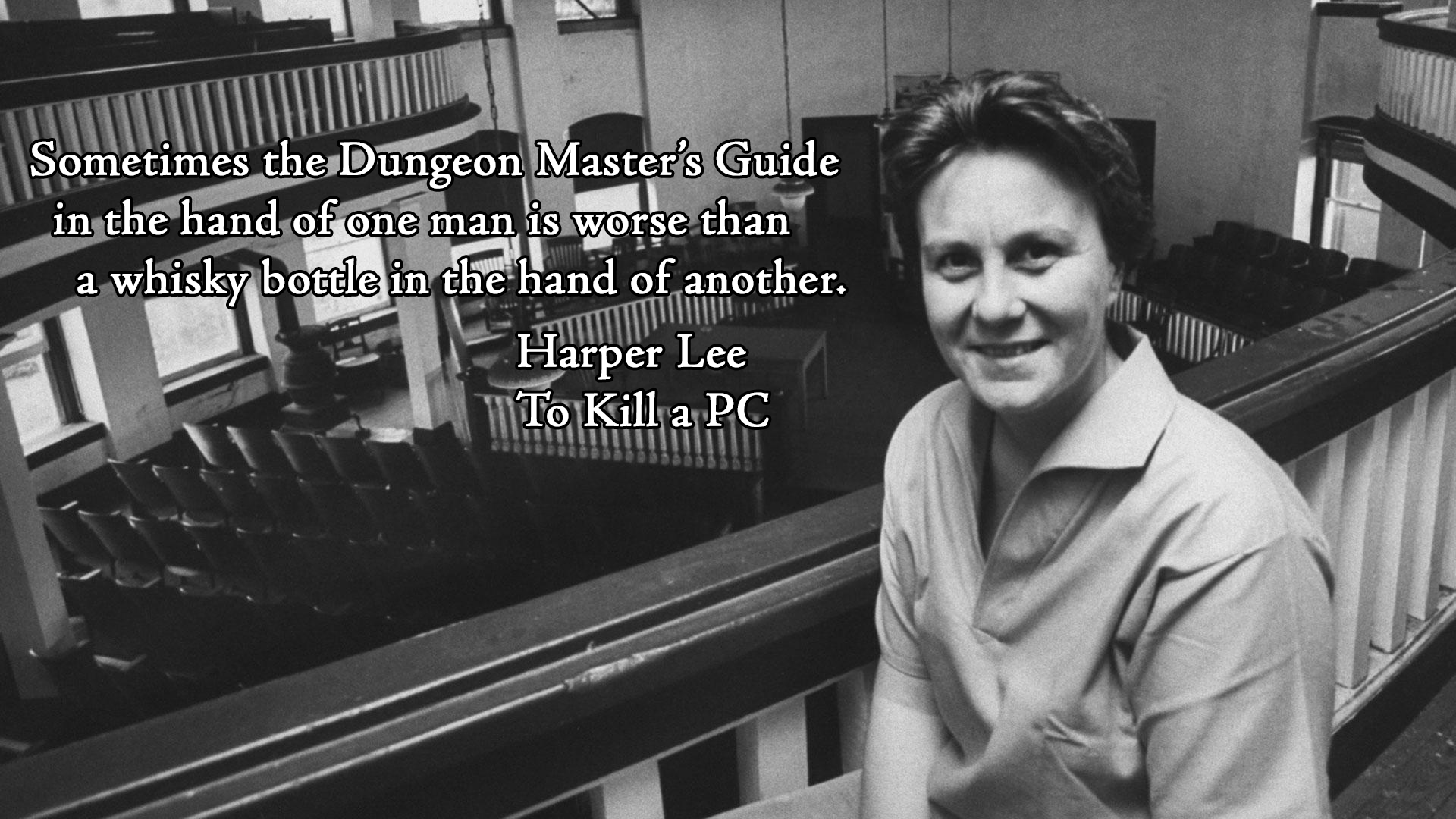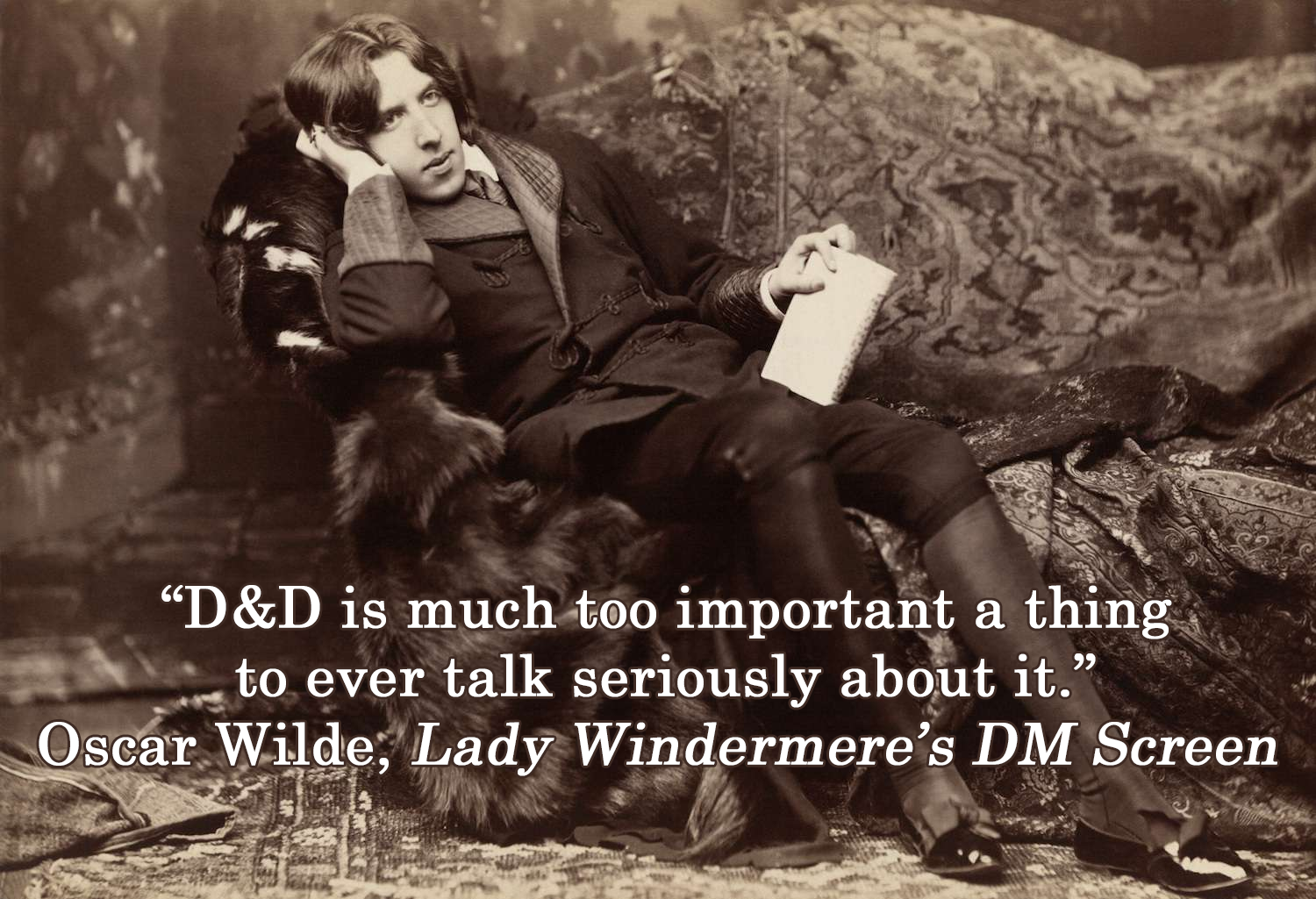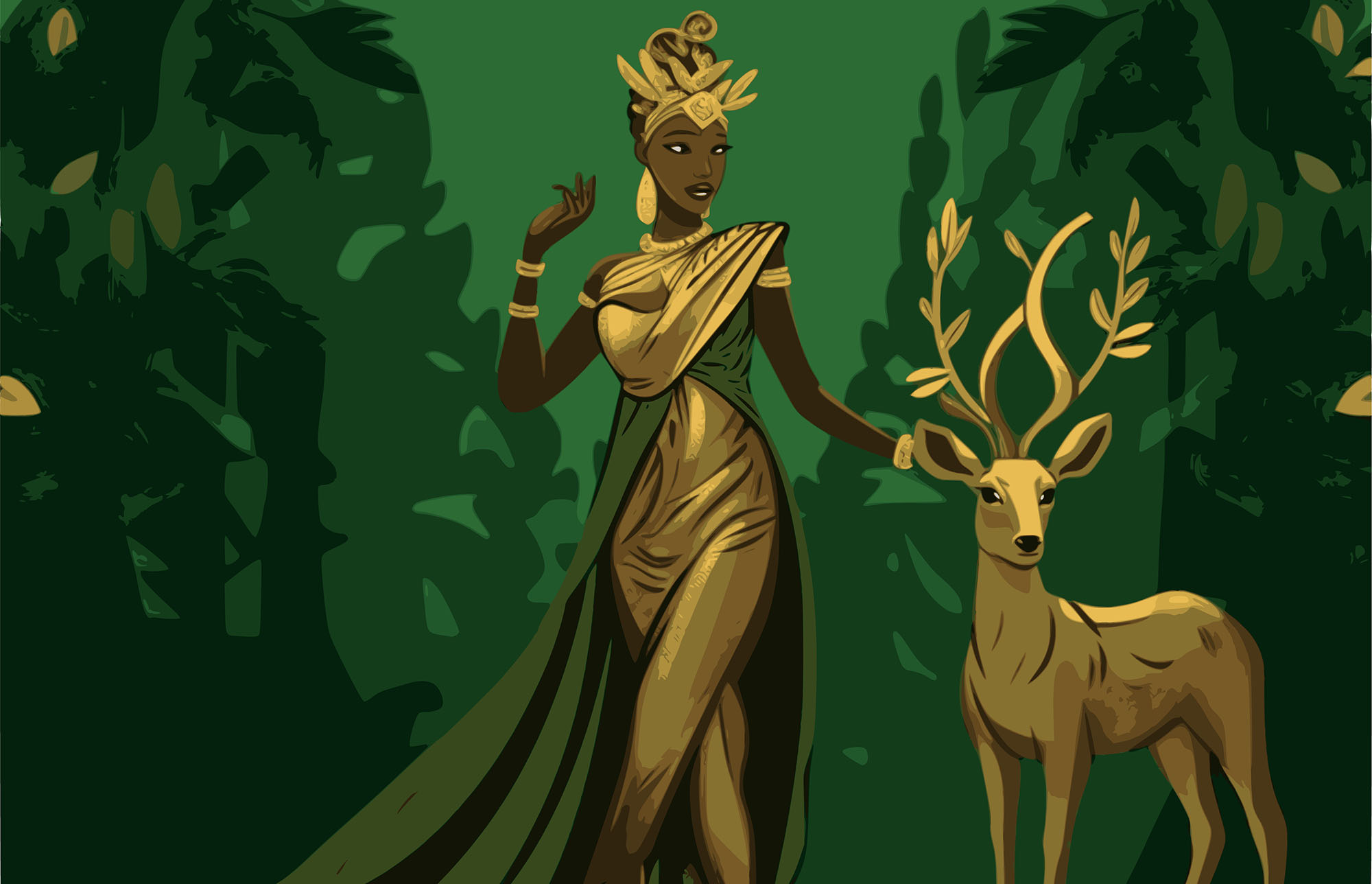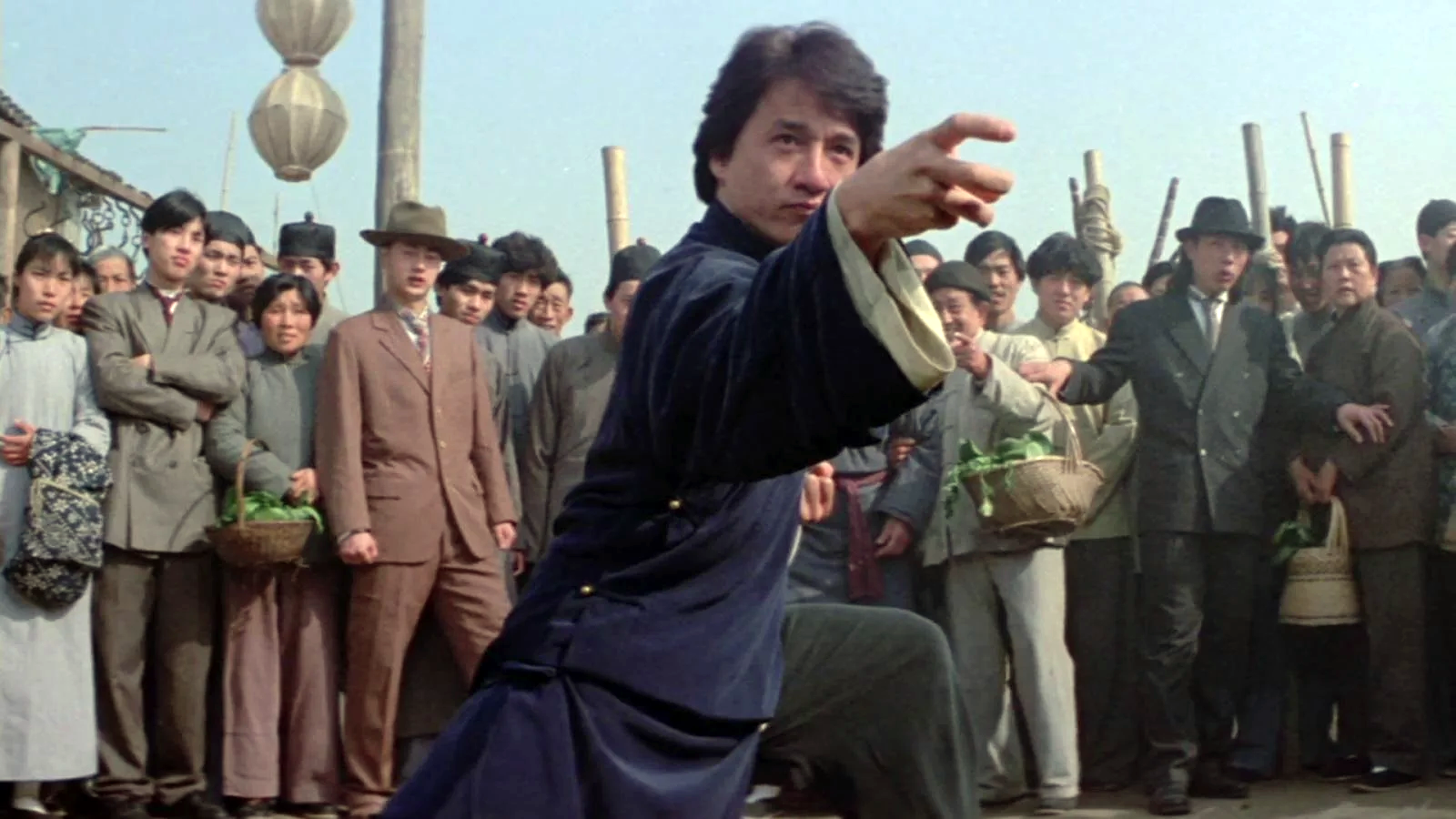
Something that I’ve often said is that the supposed divide between “roleplaying” and “combat” (with the latter sometimes being labeled as “rollplaying”) is an imaginary one. Combat is roleplaying: It’s filled with high-stakes, life-or-death decision-making, and that’s the perfect crucible for exploring, revealing, and developing characters.
What IS frequently missing from our combat scenes in a roleplaying game, however, is talking.
Which is a shame, because if we think about some of the all-time classic fight scenes, they can be as much about the dialogue as the fisticuffs or gun-kata.
- Inigo Montoya vs. the Man in Black from The Princess Bride.
- Neo vs. Agent Smith in The Matrix. (Note the nonverbal communication in this one, too.)
- Robin Hood vs. Sir Guy in The Adventures of Robin Hood.
- Hawkins vs. Ravenhurst in Court Jester.
- Iron Man vs. Captain America in Captain America: Civil War.
It’s not every fight, of course, but it’s a lot of them.
There are a number of reasons why it’s so rare to find interactions like this at our gaming tables.
First, we’re often playing in large groups with lots of characters. Even in other mediums, this complexity tends to cut down on the amount of dialogue, because there’s already a lot of different narrative elements that are being juggled.
Second, there are obviously also a lot of mechanical elements that you’re juggling in a typical RPG during a combat scene.
On top of that, you’re often trying to juggle those elements as quickly as possible; to resolve actions fast, keep the pace high, and get around the table quickly so that the players stay engaged with the game. In fact, I’ve given lots of advice aimed specifically at speeding things up in combat.
That being the case, it’s easy to fall into a smooth rhythm of resolving mechanics, evocatively describing those resolutions, and rapidly passing the ball to the next action declaration while literally not leaving room to get a word in edgewise.
The solution is to co-opt the mechanics: When you’re writing down the initiative list for the fight, simply include Dialogue on one of the initiative counts.
You might list it at the same initiative count in each fight (e.g. first in the round, last in the round, 10, etc.), but when I’ve experimented with this technique I’ve found actually rolling an initiative for Dialogue to be effective because it mixes up the pacing and placement of the initial interaction. (Your mileage may vary.)
All that you need to do now is honor the dialogue prompt: When you hit Dialogue in the initiative count, resist any temptation to skip over it. Take the moment to select one or more of your NPCs and have them say something.
- Taunt a PC.
- Debate the righteousness of their actions.
- Offer a bribe to get the PCs to help them.
- Trick the PCs with an offer of surrender.
- Try to sway one of the PCs’ allies to join their cause.
- Reveal that they’ve been a traitor the entire time.
- Curse the effectiveness of the PCs.
- Vow vengeance.
The possibilities are, of course, limitless.
You’ll often discover that just having the NPCs verbally engage with the PCs will draw the players out and get them to respond in the moment. If not, you can specifically prompt the players. And, in fact, I recommend prompting a specific player. For example, you might have your villain say something like, “You don’t think I know where you live?! When I’m finished with, I’ll make sure Robert rues the day he fell in love with you!” And then ask the player, “How does Clarissa respond to that?”
Clarissa’s response might be to stab him rather than talk with him, and that’s just fine. As such, it can be useful to look at the PC positioned immediately after the Dialogue prompt and target them. (Similarly, if you’re struggling to improvise dialogue, you might take inspiration from NPCs who are immediately before or after the Dialogue prompt.)
A FEW OPTIONS
In larger fights, you might want to roll up multiple Dialogue initiatives. Don’t overdo it, though. One is often enough, and if you put in too many you’ll likely find the temptation to skip them start to grow (which defeats the entire point).
On the flip side, the presence of a Dialogue prompt on your initiative counter should not prevent you from open repartee. In other words, the Dialogue prompt doesn’t mean you’re not allowed to talk during other points in the fight. On the contrary! The whole point of the prompt is to get loosened up. You’ll often find that as you get into the habit and rhythm of combat dialogue, the repartee will break free and start popping up all over the place.
When you hit a Dialogue prompt, don’t forget to consider dialogue from characters not directly involved in the fight. Bystanders, hostages, familiars, etc. It’s a great way of reminding the players about the wider environment in which the fight is taking place (and possibly the stakes they’re fighting for).
If you’re struggling, you might consider jotting down a villain’s catchphrase or a random table of one-liners. Again, these should not be limiters; they’re creative spurs to help kickstart dialogue interactions during the fight.
On a similar note, if a PC takes out a bad guy and the next initiative count is the Dialogue prompt, you might take that as a hint to prompt the player to provide a closing remark. (Think about the type of stuff James Bond or Arnold Schwarznegger quip. Or go for more sinister filler if that’s more appropriate for your campaign.) You can do something similar for villains who knock out a PC or kill one of their allies.
In addition to Dialogue prompts, I’ve also talked about a similar technique using Feng Shui’s shot clock to prompt environmental effects. You can read more about that in Feng Shui: Filling the Shot.

